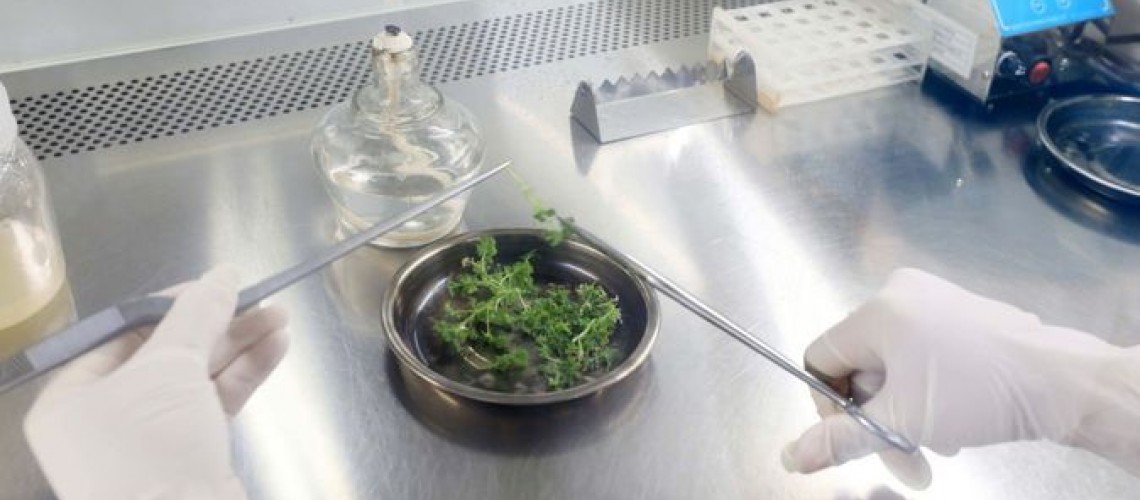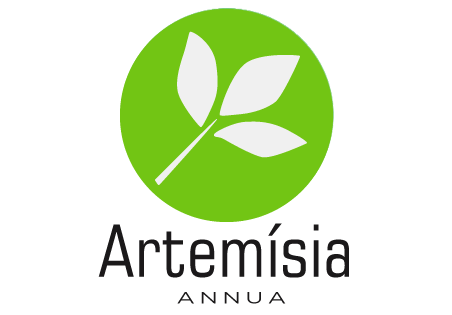PREMIER ESSAI CLINIQUE MONDIAL

L'artémisinine peut-elle traiter le cancer ?
L'artémisinine est un médicament dérivé de la plante asiatique Artemisia annua. Cette plante aromatique a des feuilles ressemblant à des fougères et des fleurs jaunes.
Depuis plus de 2000 ans, il est utilisé pour traiter les fièvres. C'est aussi un traitement efficace contre le paludisme.
D'autres utilisations potentielles incluent le traitement de l'inflammation, des infections bactériennes ou des maux de tête, bien qu'il n'y ait aucune donnée scientifique à l'appui.
Récemment, des chercheurs ont étudié l'effet de l'artémisinine sur les cellules cancéreuses. Cependant, les essais cliniques et la recherche chez l'homme sont limités.
Artémisinine et cancer
Les chercheurs pensent que l'artémisinine (substance active médicamenteuse isolée de la plante Artemisia annua) peut être une alternative aux thérapies anticancéreuses plus agressives, avec peu de risque de développer une résistance aux médicaments.
Les cellules cancéreuses ont besoin de fer pour se diviser et se multiplier. Le fer active l'artémisinine, qui crée des radicaux libres qui tuent le cancer.
Une étude de 2015 de Trust Source a révélé que l'artémisinine était plus efficace pour tuer les cellules cancéreuses lorsqu'elle était combinée avec du fer.
En outre, des chercheurs de l'Université de Washington ont découvert que l'artémisinine est mille fois plus spécifique pour tuer certaines cellules cancéreuses que les traitements actuels, empêchant ainsi la destruction des cellules normales tout en ciblant les cellules cancéreuses.
Dans leur étude, les chercheurs ont lié l'artémisinine à la transferrine cancéreuse, un composé qui tue le cancer. Cette combinaison « incite » les cellules cancéreuses à traiter la transferrine comme une protéine inoffensive. Les résultats ont montré que les cellules leucémiques étaient détruites et que les globules blancs n'étaient pas endommagés.
Bien qu'il y ait eu des réussites avec ce traitement, la recherche avec l'artémisinine est encore expérimentale, avec des données limitées et aucun grand essai clinique sur l'homme.
Si vous avez un cancer, vous devriez toujours rechercher des traitements anticancéreux traditionnels. Discutez avec votre médecin des traitements expérimentaux, tels que l'artémisinine, pour plus d'informations spécifiques à votre cas.
Sources: https://www.healthline.com/health/artemisinin-cancer















































